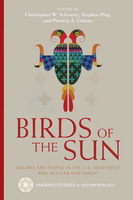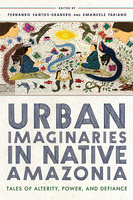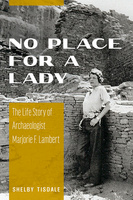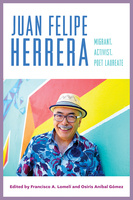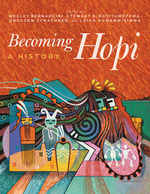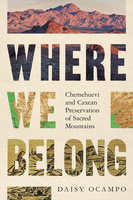The University of Arizona Press is the premier publisher of academic, regional, and literary works in the state of Arizona. They disseminate ideas and knowledge of lasting value that enrich understanding, inspire curiosity, and enlighten readers. They advance the University of Arizona’s mission by connecting scholarship and creative expression to readers worldwide.
Listening to Laredo
A Border City in a Globalized Age
Bennu 3-D
Anatomy of an Asteroid
Birds of the Sun
Macaws and People in the U.S. Southwest and Mexican Northwest
Urban Imaginaries in Native Amazonia
Tales of Alterity, Power, and Defiance
Featuring analysis from historical, ethnological, and philosophical perspectives, this volume dissects Indigenous Amazonians’ beliefs about urban imaginaries and their ties to power, alterity, domination, and defiance. Contributors analyze how ambiguous urban imaginaries express a singular view of cosmopolitical relations, how they inform and shape forest-city interactions, and the history of how they came into existence, as well as their influence in present-day migration and urbanization.
No Place for a Lady
The Life Story of Archaeologist Marjorie F. Lambert
Marjorie Lambert’s life story is intricately entwined in the development of archaeology in the American Southwest. In Shelby Tisdale’s compelling biography, Lambert’s work as an archaeologist, museologist, and museum curator in Santa Fe comes to life and serves as inspiration for today.
Juan Felipe Herrera
Migrant, Activist, Poet Laureate
Becoming Hopi
A History
Where We Belong
Chemehuevi and Caxcan Preservation of Sacred Mountains
This comparative work dispels the harmful myth that Native people are unfit stewards of their sacred places. This work establishes Indigenous preservation practices as sustaining approaches to the caretaking of the land that embody ecological sustainability, spiritual landscapes, and community well-being.
Finding Right Relations
Quakers, Native Americans, and Settler Colonialism
Colonialism has the power to corrupt. This important new work argues that even the early Quakers, who had a belief system rooted in social justice, committed structural and cultural violence against their Indigenous neighbors.



